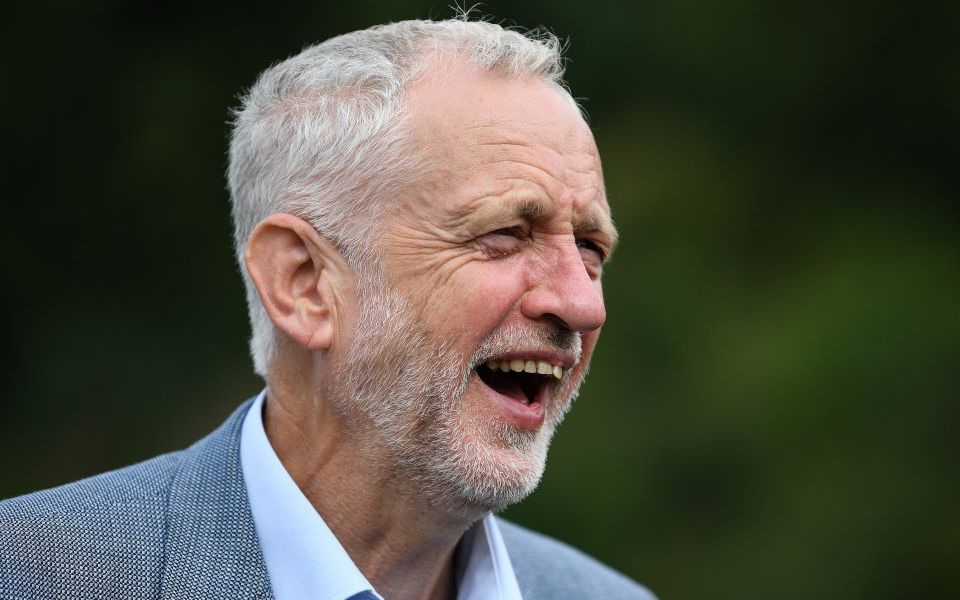Voters believe Jeremy Corbyn would divide post-Brexit Britain, according to a new poll

The 2017 General Election seems like a long time ago, such is the degree of political jockeying to have taken place in the intervening period – yet not even 15 months have passed since Jeremy Corbyn shocked analysts by eliminating Prime Minister Theresa May's parliamentary majority.
Labour's strong showing in that election was pinned on its extraordinary success in sidelining Brexit as a core issue. Instead, the party tapped into deep-lying economic dissatisfaction with the Conservative government and the coalition that preceded it.
However, with the UK set to officially leave the EU in little over 200 days, and the form that Brexit takes still the subject of furious debate in Westminster and beyond, Corbyn's discomfort and his party's own splits on the matter are increasingly clear to the electorate.
A startling new survey, published yesterday, unveils the Labour leader's terrible standing when it comes to Brexit. Consultancy WPI Strategy asked 2,000 people how likely it was that certain politicians would unite or divide the country after Brexit. From 11 big political names including London mayor Sadiq Khan, rising Tory star Ruth Davidson, Boris Johnson, Jacob Rees Mogg, John McDonnell, May herself, and several more – Corbyn came last.
A balance of 30 per cent believe Corbyn is more likely to divide Britons than unite them. Astonishingly, among Remain supporters – who accounted for six in 10 London voters in the referendum – the poll showed Corbyn with a negative balance of 50 per cent.
In fairness, the Islington MP scores well among Labour voters, suggesting the party would hold on to its core vote under his leadership. But what about the gains needed to propel Corbyn and McDonnell into Downing Street? In Tory-Labour marginals, Corbyn, with a score of minus 40 per cent, is "seen as the least likely person to unify the country post Brexit".
While we may be four years away from the next General Election, parliamentary machinations surrounding Brexit mean this is far from certain. Indeed, betting markets currently show a 44 per cent chance of Theresa May being forced out of Downing Street next year. If Labour really wants to force an election over Brexit, as senior figures have claimed, it needs to decide if Corbyn is still the man to take the fight to the polls.